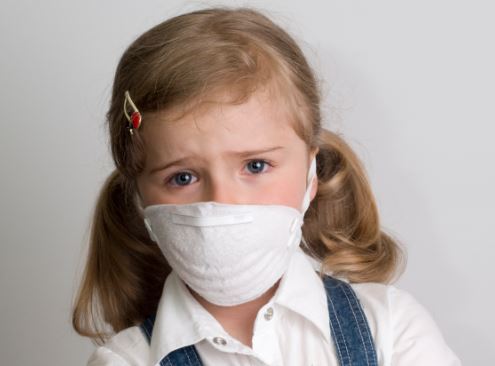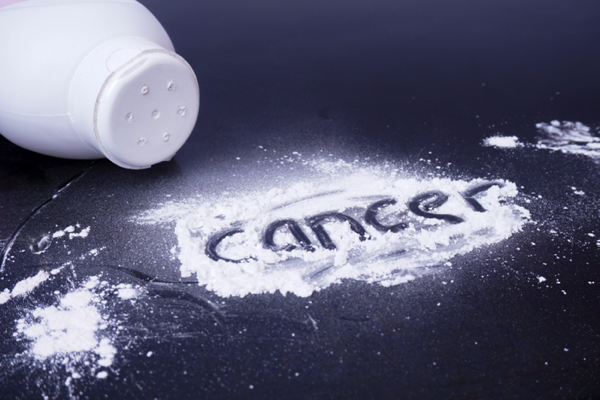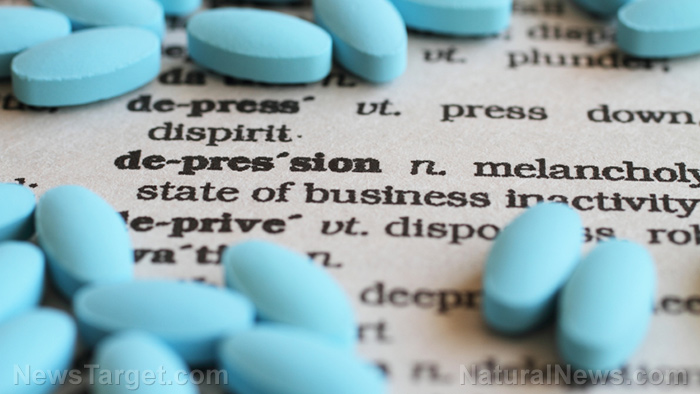COVID BOOSTERS make you FLU-STYLE SICK according to Swiss study of 1,700 healthcare workers
08/14/2025 / By S.D. Wells

Want to get sick like the flu? It’s easy, just go get a Covid booster jab and you’ll feel horrible for days, or weeks, or months, or years, or maybe even the rest of your shortened life. According to science, the risk far outweighs any reward when it comes to Fauci Flu boosters.
A Swiss study of 1,745 healthcare workers has found that those who received a COVID-19 booster were up to 70% more likely to develop flu-like symptoms and miss work compared to those who did not receive the shot. Published August 9 in Communications Medicine, the study tracked participants from November 2023 to May 2024, examining whether booster vaccination affected rates of respiratory illness and sick leave in a post-pandemic setting.
- A Swiss study of 1,745 healthcare workers found those who received a COVID-19 booster were up to 70% more likely to develop flu-like symptoms and miss work than un-boosted peers, particularly in the days immediately after vaccination.
- Researchers concluded boosters did not appear to protect healthcare workers in a post-pandemic setting and might temporarily raise the risk of symptomatic respiratory illness and workday loss, though the study did not prove causation.
- As of 2025, 10 U.S. states still mandate COVID-19 vaccination for healthcare workers, while the CDC continues recommending boosters for most adults under 65 despite the FDA limiting approvals to high-risk individuals and those over 65.
- The study also found seasonal flu shots reduced risk of flu-like symptoms and missed work, contradicting an April Cleveland Clinic preprint suggesting the 2024–2025 flu vaccine was ineffective and possibly linked to higher flu risk.
COVID-19 Boosters Linked to Higher Rates of Flu-Like Symptoms and Sick Leave in Swiss Healthcare Workers
Researchers defined “influenza-like respiratory illness” as a fever plus at least one respiratory symptom — such as cough, sore throat, runny nose, or loss of smell — with sudden onset within the prior week. They used the term “flu-like” rather than “COVID-19” because most healthcare workers no longer routinely test for SARS-CoV-2.
The study’s findings suggest that COVID-19 boosters “do not contribute to the protection of the healthcare workforce in a post-pandemic setting” and may temporarily increase the risk of symptomatic infection and missed workdays. The increase was most pronounced shortly after vaccination.
Mandates and Policy Landscape
As of 2025, 10 U.S. states — California, Colorado, Connecticut, Illinois, Maine, Massachusetts, Nevada, New Mexico, New York, and Rhode Island — still require COVID-19 vaccination for healthcare workers. The FDA announced in May that updated COVID-19 vaccines will only be approved for individuals over 65 or those with health conditions putting them at higher risk. Nevertheless, the CDC continues to recommend that all adults under 65 receive at least one dose of the 2024–2025 booster.
In February, President Donald Trump signed an executive order ending federal funding for schools with ongoing student COVID-19 vaccine mandates. While many institutions dropped requirements, some healthcare-related programs kept them, citing exemptions in the order and partnerships with clinical training sites that mandate vaccination.
Study Design and Risk Factors
Researchers collected weekly symptom reports from participants along with data on potential confounding factors such as age, sex, body mass index, smoking status, prior COVID-19 infection history, patient contact levels, household children under age 12, and chronic health conditions (including cancer, cardiovascular disease, lung disease, or immunosuppressive disorders). They also tracked sick leave throughout the study period.
Statistical analyses isolated the impact of booster vaccination on illness rates and sick days. Those who received the booster reported higher rates of respiratory symptoms and more missed workdays than unvaccinated peers.
Causation Not Confirmed
The authors stressed that their results do not prove causation, noting that further research is needed to confirm the findings and investigate possible immunological mechanisms. They also observed that receiving a seasonal influenza vaccine was associated with a reduced risk of flu-like symptoms and missed work.
Interestingly, this contrasts with an April preprint study from the Cleveland Clinic involving 53,402 employees. That study reported a 27% higher risk of influenza among workers who received the 2024–2025 flu shot compared to those who did not, suggesting poor vaccine effectiveness for that season.
The Swiss researchers concluded that while boosters may not protect against symptomatic illness in healthy working-age populations, more studies are necessary to clarify the observed effects and guide future vaccination strategies for healthcare workers.
Stay fully unvaccinated folks. It’s much safer. Look for immunity boosts in medicinal mushrooms, oregano oil, and warm sunshine. Bookmark Vaccines.news to your favorite independent websites for updates on experimental gene therapy injections and BOOSTERS that lead to flu-like symptoms, early death, infertility, turbo cancer and Long-Vax-Syndrome.
Sources for this article include:
Submit a correction >>
Tagged Under:
. vaccines, booster, booster clots, booster danger, booster dirty, booster useless, dirty vaccines, Flu shots, flu symptoms, medical violence, vaccine violence, vaccine wars
This article may contain statements that reflect the opinion of the author




















